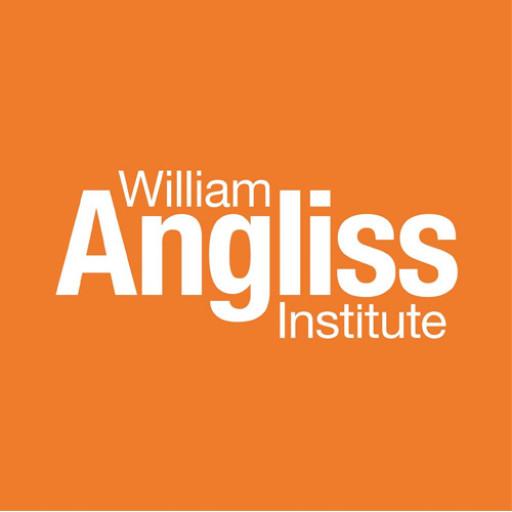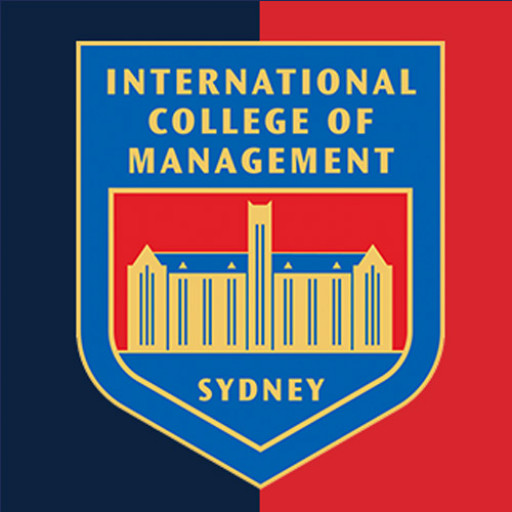The Certificate IV in Tourism (Ecotourism) at William Angliss Institute offers students a comprehensive education in the sustainable tourism industry with a specialized focus on ecotourism practices. This program is designed to equip learners with the essential skills and knowledge to pursue a career in eco-friendly tourism operations, tours, and services that promote environmental conservation and cultural sensitivity. Throughout the course, students will develop an understanding of the principles of sustainable tourism, environmental management, and responsible travel, learning how to create and manage authentic ecotourism experiences that appeal to environmentally conscious travelers. The curriculum covers a broad range of topics including tourism industry operations, customer service, marketing, and communication within the ecotourism sector. Students will also gain practical skills in designing sustainable tourism products, managing tour operations, and implementing environmental best practices. The program emphasizes real-world learning through industry placements, enabling students to apply their knowledge in actual tourism settings and build professional networks. Graduates of this qualification are prepared to work in various roles such as tour guides, eco-tourism operators, visitor services personnel, and other positions related to sustainable tourism development. The Certificate IV in Tourism (Ecotourism) provides a pathway to further studies in the tourism and hospitality industry or related fields, fostering a commitment to responsible travel and environmental stewardship. With a curriculum aligned with industry standards and a focus on contemporary ecotourism trends, students will be equipped to contribute positively to the growth of sustainable tourism sectors locally, nationally, and internationally. This program is ideal for individuals passionate about nature, travel, and making a positive impact on the environment while supporting local communities through eco-friendly tourism initiatives.
Tourism (Ecotourism) is a dynamic and sustainable program designed to equip students with the skills and knowledge necessary to succeed in the growing field of responsible travel and tour management. This comprehensive course introduces students to the fundamental principles of ecotourism, emphasizing environmental conservation, cultural sensitivity, and community engagement. Throughout the program, learners explore various aspects of eco-aware tourism practices, including sustainable tourism development, eco-lodge management, conservation strategies, and responsible tour guiding. The curriculum combines theoretical foundations with practical applications, enabling students to develop strong customer service and communication skills tailored to environmentally conscious travelers. Students will undertake real-world projects, field trips, and industry placements to gain hands-on experience in ecotourism operations, such as organizing eco-tours, managing eco-friendly accommodations, and designing sustainable travel itineraries. The program also covers marketing and business development within the ecotourism sector, preparing graduates to promote sustainable travel options effectively. By the end of the course, graduates will have a solid understanding of the principles of eco-tourism, how to implement environmentally sustainable practices, and how to contribute positively to local communities through tourism. This program aims to produce forward-thinking professionals who are passionate about preserving the natural environment while providing memorable travel experiences for diverse audiences. The qualification is suitable for those interested in careers in eco-tourism businesses, tourism product development, sustainable travel planning, or community tourism initiatives. Overall, this program aligns with the global shift towards responsible and sustainable tourism, ensuring graduates are ready to make a meaningful impact in the tourism industry.
Program Requirements: To enroll in the Tourism (Ecotourism) course at William Angliss Institute, applicants must possess a completed high school diploma or equivalent qualification. International students are required to demonstrate English language proficiency through tests such as IELTS with a minimum overall score of 5.5 or equivalent. Applicants should submit all relevant academic transcripts and identification documents as part of the application process. Prior related experience in tourism or ecotourism is not mandatory but may be advantageous. The course is designed to accommodate students from diverse backgrounds, including those without prior experience, as it provides foundational knowledge in ecotourism principles and sustainable tourism practices. Students are expected to meet the reasonable physical requirements associated with practical or field-based components of the program, which may include outdoor activities and site visits. Additionally, applicants are encouraged to have a genuine interest in sustainable tourism and conservation efforts to maximize their engagement and success in the program. Meeting these requirements ensures students are adequately prepared to undertake the curriculum, participate fully in classroom and practical activities, and leverage the skills gained to pursue careers in the ecotourism sector. The program aims to develop competencies in eco-friendly tourism management, environmental awareness, responsible travel practices, Indigenous tourism, and community engagement. Successful applicants will be enrolled in a structured educational environment that combines theoretical knowledge with hands-on experience through industry placements or simulated projects, preparing them for employment opportunities in the growing field of ecotourism.
The William Angliss Institute offers a variety of financing options to support students pursuing their Tourism (Ecotourism) diploma. Tuition fees vary depending on the specific program and the student's residency status. Domestic students may have access to government-funded programs, including the Victorian TRAINING Guarantee, which subsidizes tuition costs for eligible students. Additionally, students can explore VET Student Loans if they meet specific criteria, allowing them to defer payment of tuition fees through an approved loan scheme. The institute also provides payment plans that enable students to spread the cost of their studies over manageable installments, making education more accessible. For international students, tuition fees are generally higher and payable upfront or through designated international student loan programs, if available. The institution encourages prospective students to consult the admissions office or financial services team to obtain detailed and current fee schedules, as well as information about scholarships, grants, or external funding opportunities that may be applicable. Scholarships are sometimes available to outstanding applicants or those demonstrating financial need, although these are limited and highly competitive. Financial assistance programs also include part-time work opportunities within the institute or nearby industry placements, which help students offset living expenses and gain practical experience simultaneously. It is recommended that students create a comprehensive financial plan before enrolling to cover tuition, textbooks, materials, and living costs. The William Angliss Institute aims to provide transparent and flexible financial options to ensure students can focus on their studies and successfully complete their Diploma in Tourism (Ecotourism). Prospective students are advised to review the specific details related to their situation and seek personalized guidance from the institute's financial services team.
The William Angliss Institute offers a specialised program in Tourism with a focus on Ecotourism, designed to prepare students for careers in the sustainable tourism sector. This program provides comprehensive training in managing tourism operations that emphasize environmental conservation, cultural awareness, and community involvement. Students learn about eco-friendly tourism practices, sustainable resource management, and the development of tourism initiatives that minimize ecological footprints while maximizing visitor satisfaction. The curriculum covers essential areas such as tourism planning, marketing, and operations, with a particular emphasis on ecotourism principles and practices. Practical experience is a vital component of the program, with opportunities for internships and industry placements to develop real-world skills and connections within the sustainable tourism industry. The program aims to equip graduates with the knowledge and competencies necessary to plan, promote, and manage ecotourism ventures effectively, ensuring that tourism development aligns with environmental protection and social responsibility. Theory is integrated with practical application, including case studies and project work, to foster critical thinking and problem-solving abilities. The institute's strong links with industry partners and focus on current industry standards ensure that graduates are industry-ready and capable of contributing positively to the ecotourism sector. The program embraces a global perspective, fostering understanding of diverse ecological environments and cultural contexts, which is essential for success in sustainable tourism worldwide. Graduates of this program are prepared to pursue careers in eco-resort management, sustainable tour operations, environmental education, and policy development in tourism. The William Angliss Institute’s commitment to quality education, industry relevance, and student support makes it a leading choice for those interested in making a positive impact on the future of tourism through sustainable practices.







